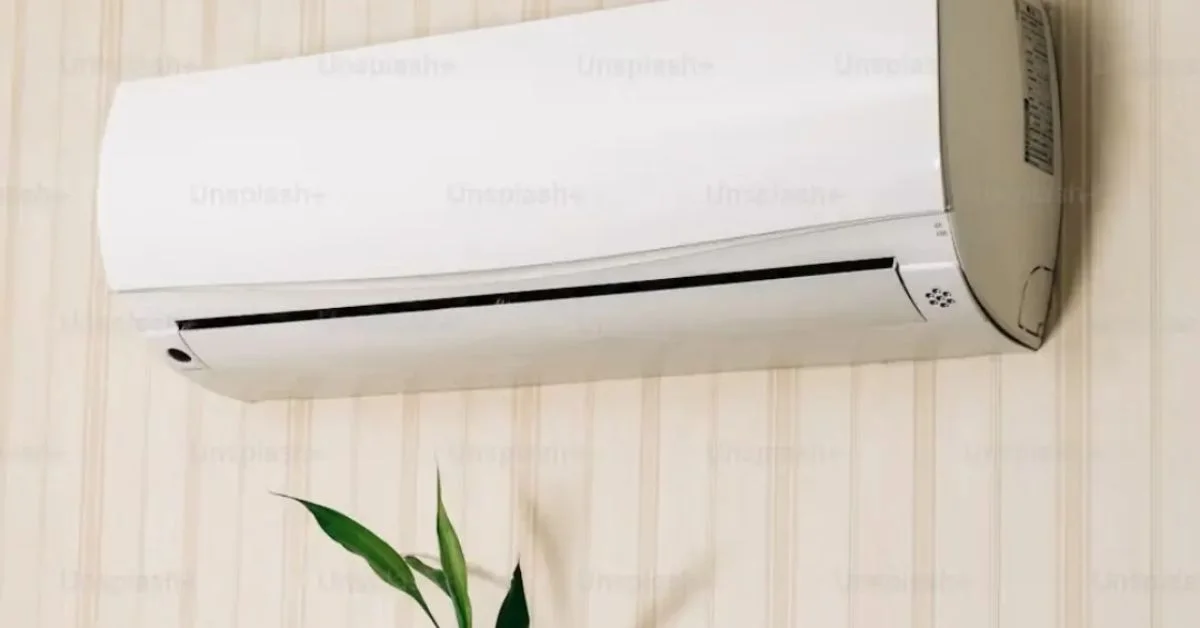Facing an air conditioning unit that frequently shuts off can be a major inconvenience, especially during the peak of summer. Not only does it leave you sweltering in the heat, but it can also signal underlying issues that need urgent attention.
Fortunately, several tips and resources are available to help diagnose and solve this common problem, ensuring your living space remains cool and comfortable.
For all the tips and resources you need to stay chill, you should always consult a professional. When your air conditioner keeps shutting off, trust River Valley Air Conditioning to get the job done.
Check the air filter
One of the most straightforward yet crucial steps in maintaining your air conditioner’s efficiency is to regularly check and replace the air filter. A clogged or dirty filter restricts airflow, causing the unit to work harder than necessary, which can cause overheating and automatic shutdown.
To check your air filter, simply locate the filter slot, slide the filter out, and inspect it for dirt and debris. If the filter looks dirty, change it with a new one that matches the size and type recommended by your AC unit’s manufacturer.
Performing this simple maintenance task every one to three months, especially during high usage periods, can significantly enhance your air conditioner’s performance and prevent unexpected shutdowns.
Clear the area around outdoor units
To ensure your outdoor air conditioning units function optimally, maintaining a clear area around them is essential. Shrubs, tall grasses, and other debris can restrict airflow and reduce the unit’s efficiency, leading to frequent shutdowns and decreased cooling capacity.
Start by trimming any foliage to maintain at least a two-foot clearance on all sides of the unit. Remove leaves, twigs, and dirt that may have accumulated around and on top of the unit, especially after stormy weather. Additionally, ensure the area is level, and the unit is not sitting in water, which can cause rust and other damage over time.
Regularly checking and clearing the area around your outdoor units can significantly improve their performance and lifespan, keeping your indoor spaces cooler and more comfortable.
Use ceiling fans
Utilizing ceiling fans can enhance your air conditioner’s cooling efficiency. By evenly distributing the cool air throughout a room, ceiling fans allow you to raise the thermostat to four degrees without any discomfort during the summer months.
This simple adjustment means that your air conditioning unit doesn’t have to work as hard, which can also help prevent it from shutting off prematurely. For optimal effect, ensure the fan blades are rotating counterclockwise during the summer to push cool air down.
Always remember, ceiling fans cool people, not rooms, so turning fans off in unoccupied rooms can also save energy. Integrating ceiling fans into your cooling strategy is an effective way to keep a comfortable temperature in your home while lowering the strain on your air conditioner.
Seal leaks
Identifying and sealing leaks in your home is another essential measure to keep cool air in and hot air out, ultimately ensuring your air conditioner doesn’t need to work overtime. Common areas where air leaks occur include windows, doors, attics, and places where utilities enter the home.
To detect leaks, you can conduct a simple visual inspection for gaps or use a smoke stick near suspected areas on a windy day; if the smoke wavers, you’ve likely found a leak. Once identified, use weather stripping, caulk, or expanding foam to seal these leaks effectively.
This not only prevents cool air from escaping, making your air conditioning system more efficient but also contributes to energy savings by lowering the unit’s workload, hence decreasing the risk of it shutting off unexpectedly.
Window treatments
Investing in window treatments is a smart and aesthetically pleasing way to enhance your home’s energy efficiency and keep cool during the sweltering summer months. Opting for blackout curtains, thermal drapes, or cellular shades can significantly block the sun’s rays from heating indoor spaces.
When shopping for window treatments, look for options with a high R-value, indicating better insulation qualities. During the hottest parts of the day, keep these window treatments closed to prevent solar gain, thereby reducing the burden on your air conditioning unit.
This will not only help to keep your home cooler but can also save you energy by reducing the need to run your air conditioner constantly to combat the heat generated by your windows.









